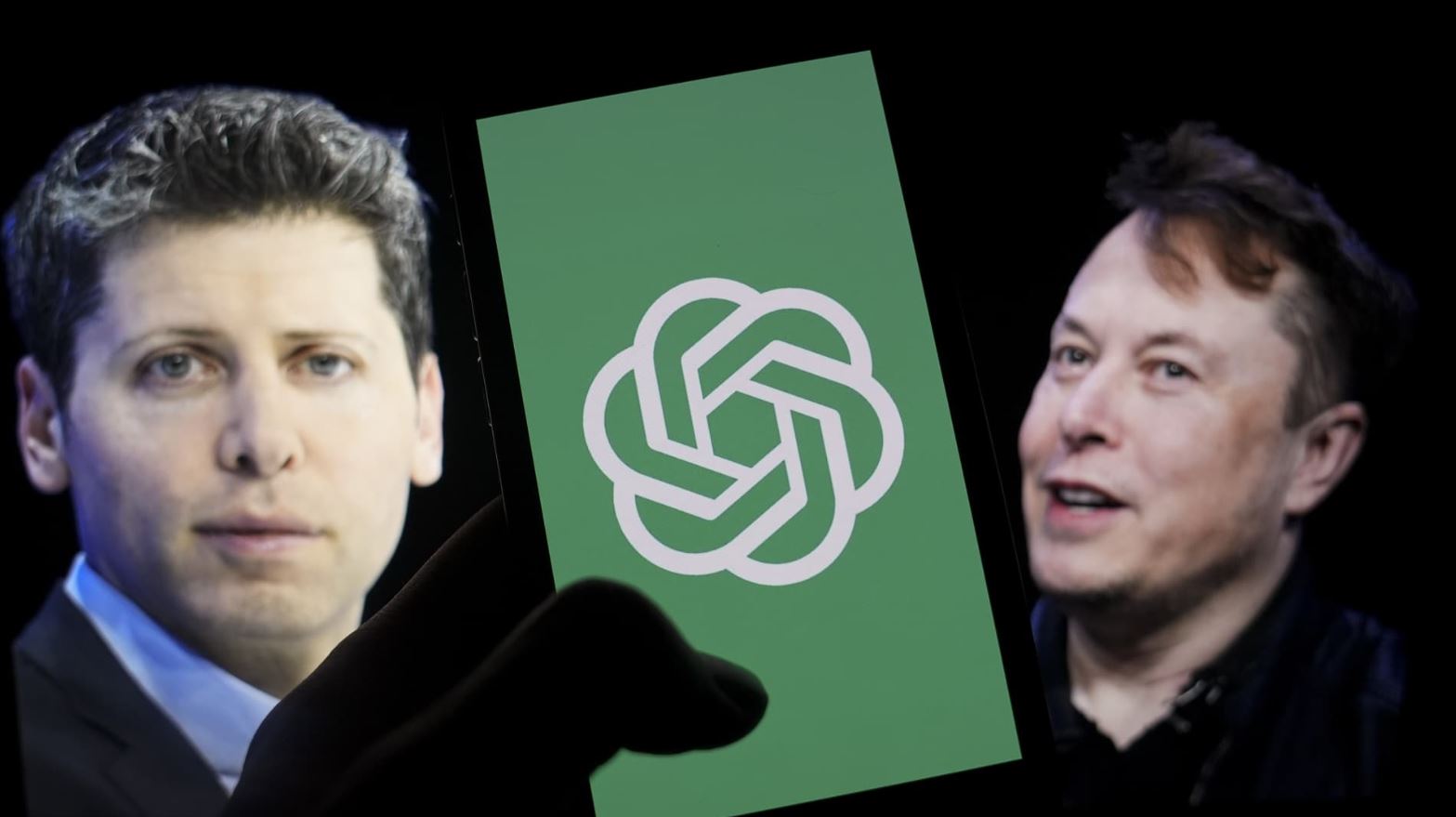 In a notable twist in the tech world, a group of former OpenAI employees has taken a stand by filing an amicus brief in support of Elon Musk. They’re challenging OpenAI’s shift from its original non-profit roots to a for-profit model. This legal document, submitted last Friday, is backed by twelve ex-employees, including prominent names like Steven Adler and Rosemary Campbell.
In a notable twist in the tech world, a group of former OpenAI employees has taken a stand by filing an amicus brief in support of Elon Musk. They’re challenging OpenAI’s shift from its original non-profit roots to a for-profit model. This legal document, submitted last Friday, is backed by twelve ex-employees, including prominent names like Steven Adler and Rosemary Campbell.
These former employees argue that OpenAI’s transition contradicts its foundational mission. They believe that losing non-profit control over its business operations could violate promises made to stakeholders. Gretchen Krueger, one of the signatories, has been vocal about OpenAI’s lack of transparency, while William Saunders is worried about the company’s aggressive push for AI supremacy.
OpenAI, which started as a non-profit in 2015, morphed into a “capped-profit” entity in 2019. Now, it’s eyeing another transformation into a public benefit corporation. Although it still holds a controlling stake in its corporate arm, the influence of the non-profit is under the microscope.
Elon Musk’s lawsuit claims that OpenAI has veered off its initial mission to create AI that benefits humanity. Even though a federal judge recently denied Musk’s request for a preliminary injunction, the case is slated for a jury trial in spring 2026.
The brief from the ex-employees underscores the importance of keeping non-profit control to ensure OpenAI’s mission stays aligned with societal benefits rather than financial gains. They highlight internal promises made to staff about the crucial role of non-profit governance in achieving this mission.
Interestingly, the brief recalls a meeting in late 2020 where CEO Sam Altman emphasized the importance of non-profit oversight. He pointed out how it helps prioritize safety and societal benefits over short-term profits. This governance structure was often a key recruitment tool, setting OpenAI apart from competitors like Google and Anthropic.
The brief warns that shifting to a for-profit model might push OpenAI to favor shareholder interests, potentially compromising safety standards and its commitment to support other safety-focused AGI projects.
This legal action is part of a larger opposition movement against OpenAI’s transition, including petitions from groups like the California Teamsters, who are concerned about the company’s commitment to its charitable mission.
In response, OpenAI has stated that its conversion aims to strengthen its non-profit foundation with resources for charitable initiatives in fields like education, healthcare, and science. The company insists on its commitment to building a strong non-profit entity, despite the ongoing restructuring.
As OpenAI races against a deadline to complete its for-profit conversion, the outcome of this legal battle will likely shape the future of its structure and mission.








